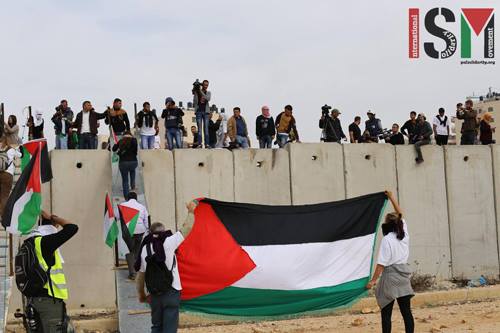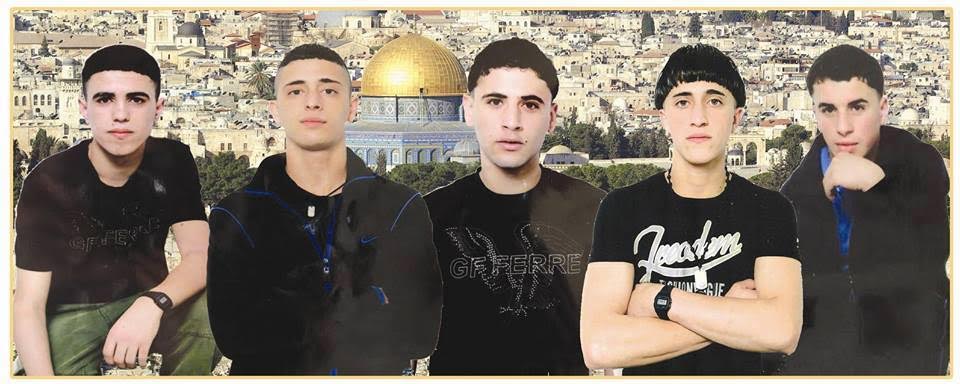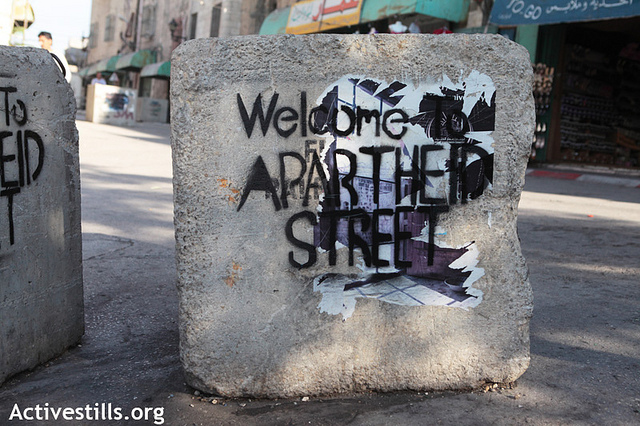-
ISM calls for internationals to volunteer in Palestine
14th December, 2015 | International Solidarity Movement | occupied Palestine Today, Palestinians are facing an enormous amount of pressure in their lives due to the growing violence of Israeli forces. Israeli politicians have fueled the motivation to kill Palestinians by making open statements encouraging Israeli citizens to become executioners. Since the beginning of October, Israeli occupation forces […]
-
Five Palestinian teens blackmailed into accepting 15 years prison term and exorbitant ‘fines’ for a crime that never happened
December 13th, 2015 | The Hares Boys campaign| Hares, Salfit UPDATE: 05.01.2016 Congratulations! The campaign for the Hares Boys has marked the halfway point by collecting 75944.56 NIS (~US $19314.24). However, we still have a long way before reaching the 150,000 NIS by the deadline of 28 January 2016 in order to avoid having each boy’s […]
-
ACT NOW ! Put an end to the ‘Closed Military Zone’ in Tel Rumeida and Shuhada Street, Hebron
December 13th, 2015 | International Solidarity Movement | Action Alert The undersigned organisations are calling on the international community to take immediate action regarding the continuous closure of the Tel Rumeida neighborhood and the part of Shuhada Street that has remained accessible to Palestinian residents since the Ibrahimi mosque massacre in 1994, in occupied al-Khalil […]
Action Alert An Nabi Saleh Apartheid Wall Arrests BDS Bethlehem Bil'in Cast Lead Demonstration Denial of Entry Ethnic Cleansing Farmers Gaza Global Actions Hebron House Demolition International law Israeli Army Jerusalem Live Ammunition Nablus Ni'lin Prisoner Ramallah Rubber-coated steel bullets Settlement Settlers Settler violence Tear-Gas Canister Video



